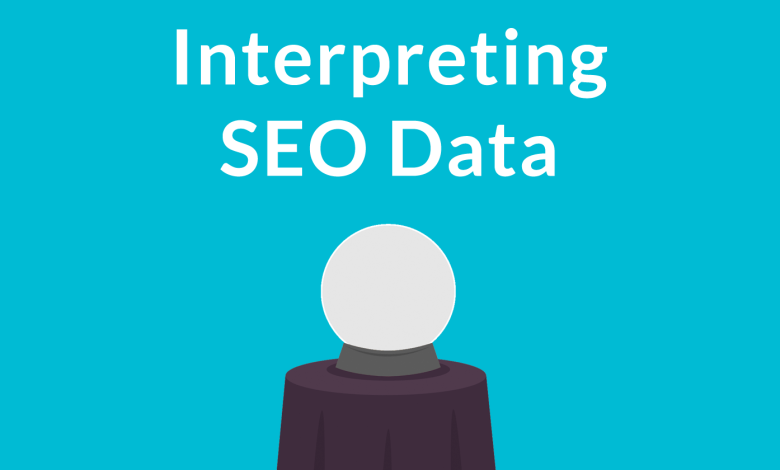
In a comprehensive study of nearly a billion web pages, the SEO big data company, Ahrefs, identified over 30,000 pages with backlinks from more than 200 referring domains that still failed to generate organic traffic. Based on their findings, Ahrefs drew specific conclusions about these sites. However, my interpretation was different. This article explores why our conclusions differed and what this reveals about analyzing a study of nearly one billion pages.
Value of Examining Outliers
I find outliers and unusual results fascinating when conducting research. The reasons why some sites rank while others don’t tend to stand out more clearly. It becomes easier to identify the factors at play.
Ahrefs concluded that the primary reason these sites didn’t receive traffic was the lack of search interest in the associated keywords. While Ahrefs’ conclusion is accurate, it overlooks the nuance of why those keywords aren’t being searched.
Data Does Not Communicate Meaning
Understanding the why behind data is crucial. Data can show that nobody is searching for certain keywords. While it tells us what happened, it doesn’t explain the reasons behind it.
Why Nobody Searches for Some Keywords
Analyzing a sample of sites provided by Ahrefs reveals that many do not attract traffic due to time-sensitive keywords. These pages are often tied to outdated current events, making them irrelevant over time and reducing search interest accordingly.
This exemplifies how data isn’t able to communicate the meaning behind events—it merely presents the facts. It is up to the skill of the data interpreter to provide meaning.
Data Gains Meaning via Interpretation
Among the sites with many links but little traffic, my data interpretation diverged from Ahrefs’. The data remains the same, yet its interpretation varies.
One example from the study highlighted an instance not deficient for the reasons cited by Ahrefs.
What Did the Ahrefs Study Conclude?
Ahrefs’ study concluded there were two primary reasons these sites had numerous links but no organic traffic. The first was the low quality of the links, and the second was that the pages were not relevant to the keywords people were searching for.
Data is Unreliable
The webpage in question is a squeeze page promoting an SEO ebook. In my view, it adds little value because it is designed to sell rather than educate. Therefore, it’s reasonable to conclude that the page doesn’t receive traffic due to its low quality.
However, there is another reason.
What Does Google Rank?
To determine why a page isn’t ranking, it’s helpful to examine what Google does rank. This webpage aims to rank for the competitive keyword "WordPress SEO," yet struggles to do so.
While this keyword is popular, demanding content must satisfy user intent. My belief is that this page fails because it is a sales page, not aligning with the user intent for the keyword.
The Fuss About User Intent
Examining the page reveals its focus is not truly on WordPress SEO despite its title. The constant repetition of "ebook" suggests different user intent.
If Google were to assess the user intent of this page, it likely wouldn’t align with WordPress SEO Strategy, as the phrase is more commonly associated with the term "Plugin."
As shown, a plugin site ranks at the top for WordPress SEO Strategy, indicating that plugin-related content satisfies user intent better.
If analyzing why a site isn’t ranking for WordPress SEO phrases, focusing on page quality may not be as beneficial as understanding user intent.
Data is Uncertain
The uncertainty of data implies that it is not definitive—data alone doesn’t convey the full story. It only gains significance when interpreted, and this meaning varies based on the person analyzing it.
In conclusion, while I may see an elephant, Ahrefs may see a tree trunk, and others might perceive a snake. Each interpretation holds validity, but perspectives differ.
Images by Shutterstock, Modified by Author
Screenshots by Author


